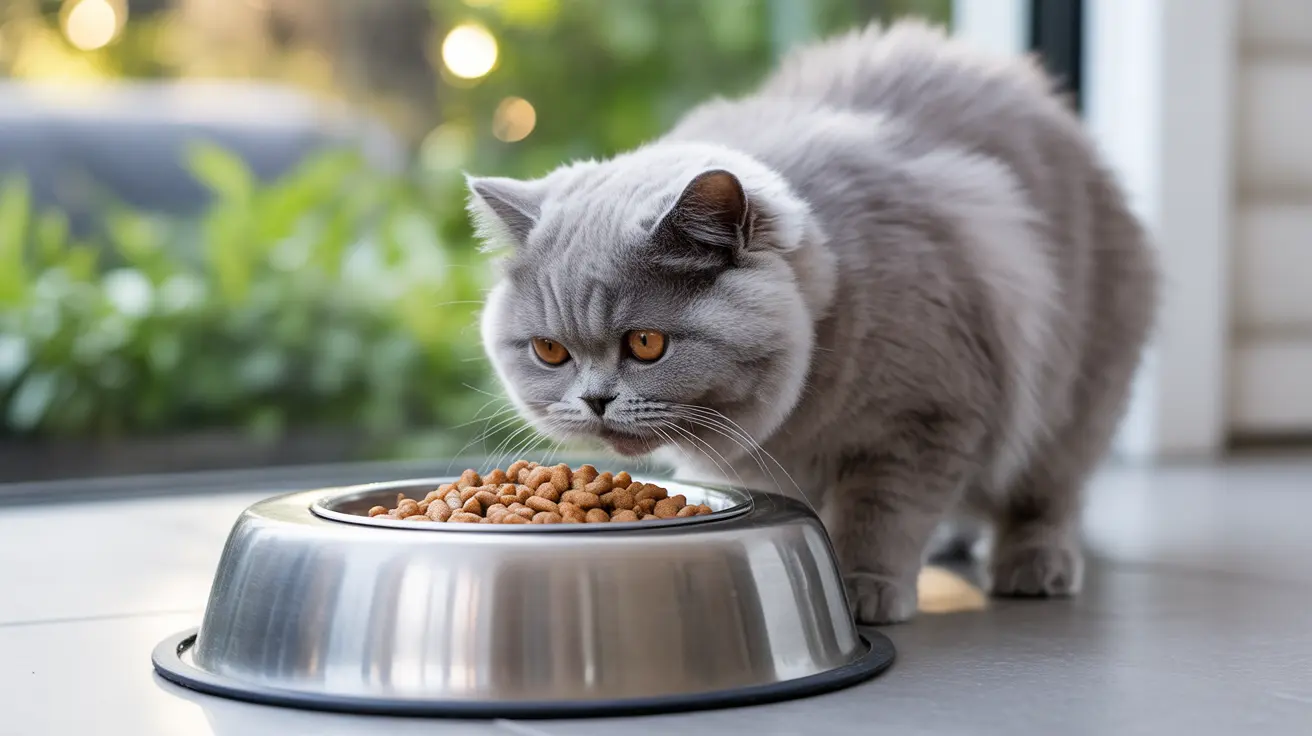If you're a cat owner who feeds your feline friends outdoors, you've likely encountered the frustrating problem of raccoons raiding your cat's food bowl. These clever and persistent creatures can not only deplete your cat's food supply but also create potential health risks through disease transmission and unwanted wildlife interactions.
In this comprehensive guide, we'll explore proven strategies to protect your cat's food from raccoon raiders while maintaining a safe and healthy feeding routine for your pets.
Understanding Why Raccoons Target Cat Food
Raccoons are naturally attracted to cat food due to its high protein and fat content, which aligns perfectly with their opportunistic eating habits. These intelligent mammals have excellent problem-solving abilities and can easily defeat simple food protection measures.
Their primarily nocturnal nature means they're most active when many outdoor cats are fed, making it crucial to implement effective deterrent strategies.
Smart Feeding Practices to Deter Raccoons
The most effective way to prevent raccoons from stealing cat food starts with establishing proper feeding routines:
- Feed cats during daylight hours only
- Remove uneaten food within 30 minutes
- Maintain consistent feeding schedules
- Never leave food out overnight
Creating Raccoon-Proof Feeding Stations
Physical barriers and specialized feeding stations can significantly reduce raccoon access:
Elevated Feeding Platforms
Install feeding stations at least 36 inches high, featuring:
- Smooth metal poles with aluminum flashing
- Non-grippable surfaces
- Limited jumping access points
Specialized Feeding Equipment
Consider investing in:
- Microchip-activated feeders
- Motion-activated food covers
- Raccoon-proof storage containers
Natural Deterrents Safe for Cats
Several natural solutions can help keep raccoons away while remaining safe for your cats:
- Citrus peels and oils
- Cucumber plants
- Irish Spring soap shavings
- Strategic lighting placement
Secure Storage Solutions
Proper food storage is crucial for preventing raccoon problems:
- Use airtight, locking containers
- Store all pet food indoors
- Clean feeding areas thoroughly
- Secure garbage and compost bins
Frequently Asked Questions
How can I keep raccoons from stealing my outdoor cat's food?
Implement a combination of strategies including elevated feeding stations, scheduled daytime feeding, and prompt food removal. Using microchip-activated feeders can also ensure only your cats can access their food.
What are the best times to feed cats outside to avoid raccoon visits?
Feed cats during daylight hours, preferably early morning or early evening, and remove any uneaten food within 30 minutes of feeding time.
Are elevated feeding stations effective at preventing raccoons from reaching cat food?
Yes, feeding stations placed 36-41 inches high with smooth poles and proper barriers are highly effective at preventing raccoon access while remaining accessible to cats.
What natural deterrents can I use that are safe for cats but keep raccoons away?
Safe natural deterrents include citrus peels, cucumber plants, and Irish Spring soap shavings placed near feeding areas. These repel raccoons but won't harm cats.
How do microchip-activated feeders or cat doors work to keep raccoons out?
These devices only open when they detect your cat's registered microchip or magnetic collar tag, ensuring that only authorized pets can access food or enter feeding areas.
By implementing these proven strategies and maintaining consistent feeding practices, you can successfully protect your cat's food from raccoon invasion while ensuring your pets remain well-fed and healthy. Remember that combining multiple methods often yields the best results in keeping these persistent wildlife visitors at bay.






